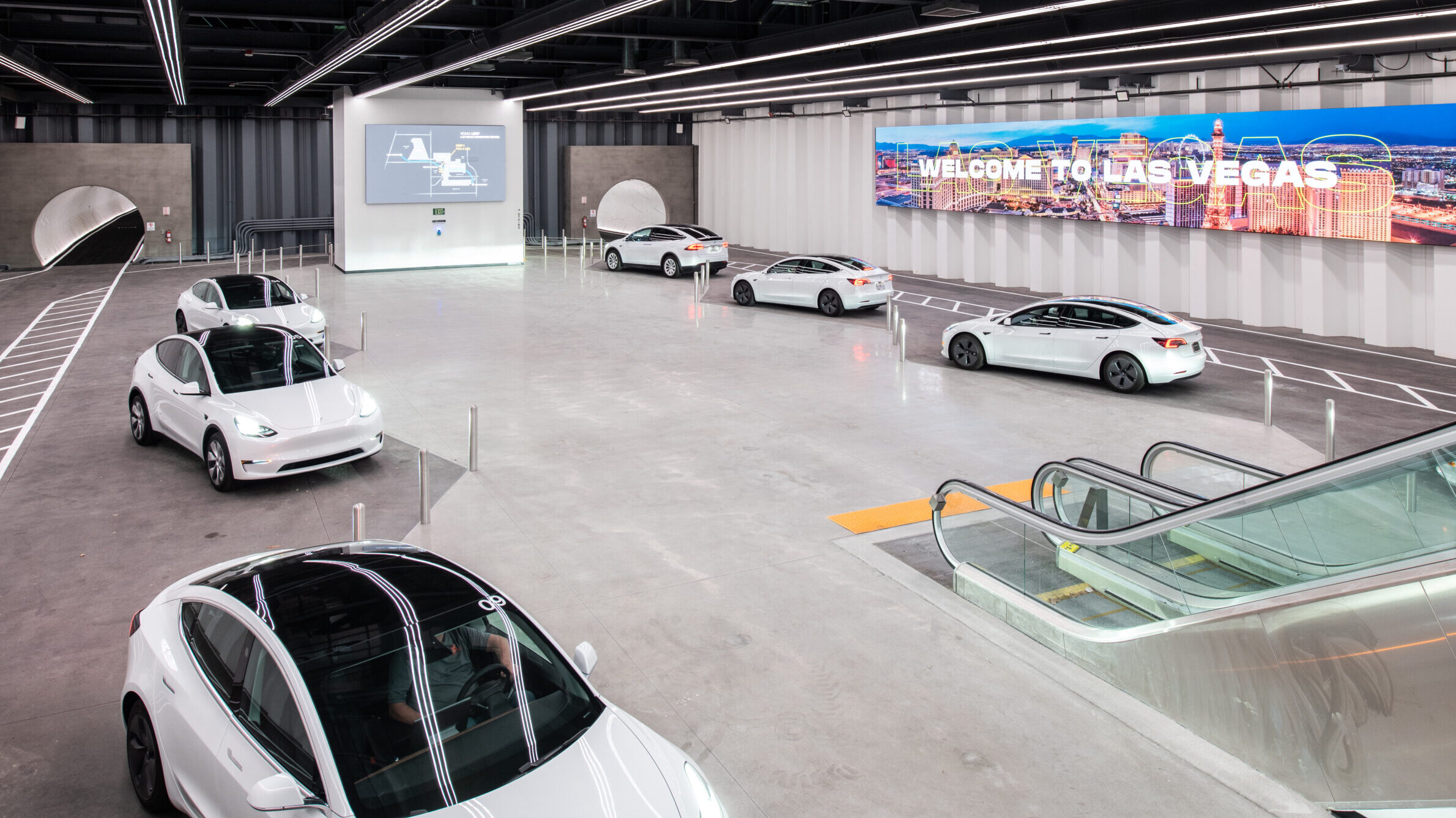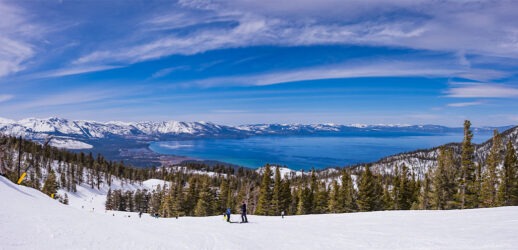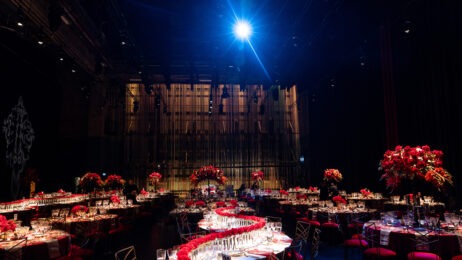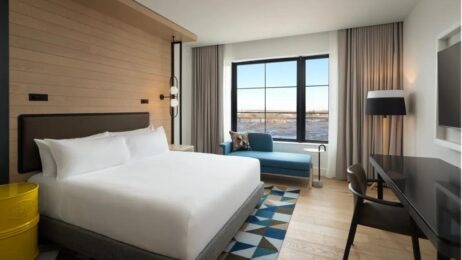Nevada’s Clark County Commission made a decision that may forever change that way travelers traverse the Las Vegas Strip.
The commission unanimously approved a special use permit and 50-year franchise agreement for a proposed 29-mile tunnel system under The Strip, to be designed by Elon Musk’s The Boring Company. This permit only allows The Boring Company “to apply for and receive building permits to construct the proposed tunnels,” a press release reads. The Boring Company still needs a separate franchise agreement with Las Vegas for the construction of the system that will run under the city.
“We are very excited to take the next steps, working with Clark County leaders and our partners throughout Las Vegas to build a fast, safe transportation system for this incredible destination,” says Steve Davis, president of The Boring Company.
There are 51 planned stations for the Vegas Loop throughout the Strip and Clark County, including all resort properties on Las Vegas Boulevard, as well as a connection to McCarran International Airport (LAS).
“Las Vegas continues to innovate and transform itself. The Vegas Loop will be a game-changer for our visitors in moving them around our exciting destination quickly, conveniently and in an entertaining ‘Only Vegas’ way,” says Steve Hill, president and CEO of the Las Vegas Convention and Visitors Authority.
The plan is for the first five to 10 stations to be completed within six months after construction begins, Davis told Las Vegas Review. Thereafter, 15 to 20 stations are to be built annually until the project is complete. Total construction is projected to take three years.
The new Vegas Loop will connect to the existing loop under Las Vegas Convention Center (LVCC) and will operate similarly, in that passengers will travel in Tesla vehicles. The current loop, which made its debut in June, operates as a 0.8-mile tunnel, carrying up to 4,400 passengers per hour. Capacity for the larger loop is planned to be 57,000 people per hour. While the transport under LVCC is free of charge, the new development will be fare-based for riders.
The projected start date of construction and cost have not been announced, although press reports say development costs will be paid for by The Boring Company and passenger stations by respective property owners.





